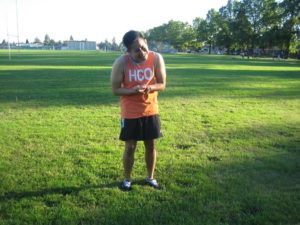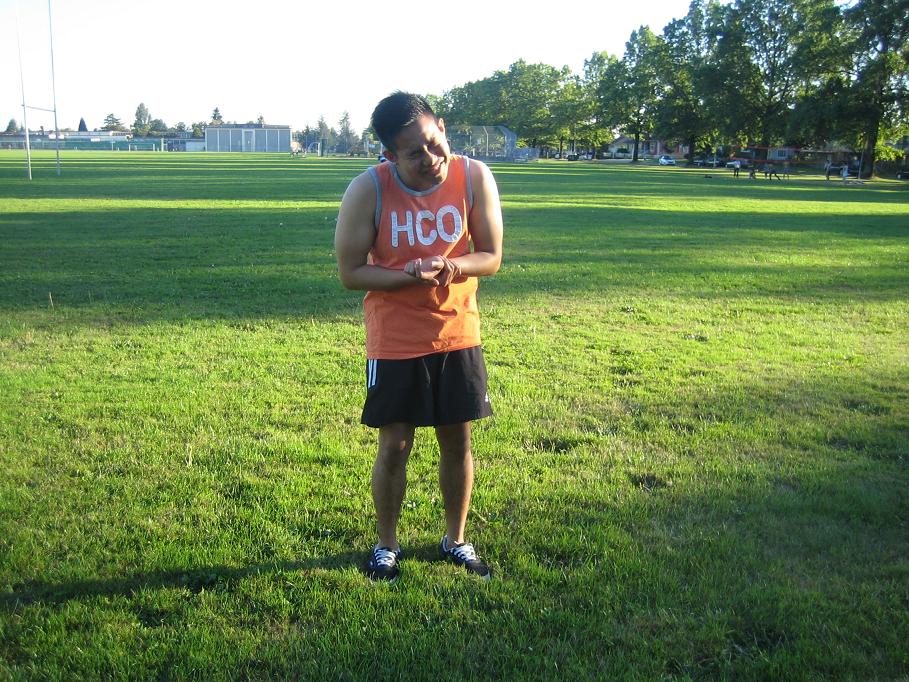A wasp sting is a common injury that you can get while outside, more common during warmer months. Generally, wasp stings can cause discomfort for many people and most can recover without any complications.
Like bee stings, wasp stings are due to the stinger on the wasp. For most people who do not have an allergy to being stung, only minor symptoms will arise during and after the sting. Initial symptoms include a sharp pain or burning sensation at the site where the sting occurs followed by redness, swelling, and itchiness.
Signs and symptoms of a wasp sting
- Instant pain at the site of the sting
- Swollen, reddish area at the site of the sting
- Presence of hives or welts that may appear after 48 hours after the sting and may last up to one (1) week
If you have a severe allergic reaction to being stung, more severe symptoms may appear such as:
- Extreme amount of redness and swelling that may reach up to twelve (12) inches across
- An entire extremity or limb becomes swollen which may last for a few days
- Nausea, fever and a headache in the case of multiple stings

Presence of hives or welts that may appear after 48 hours after the sting and may last up to one (1) week.
Most people who do not have an allergy to being stung will have minor symptoms that will go away after a few minutes or couple of hours. However, there are symptoms that may also signal an incoming anaphylactic shock.
An anaphylactic shock is a potentially life-threatening condition caused by an allergic reaction and if left untreated, it can become fatal.
Severe reaction
Look out for these symptoms that signal an incoming anaphylactic shock:
- Wheezing or breathing difficulty
- Severe swelling of the face, throat, or lips
- Nausea, vomiting, or diarrhea
- Rapid heart rate
- A sudden drop in blood pressure
- Presence of itching or hives other than the site of the sting
- Dizziness or faintness
- Confusion, anxiety, or agitation
If one or more of these symptoms arise after being stung, it is important to seek immediate medical attention. Do not wait to see if the symptoms will improve or more symptoms will arise before you seek medical care.
What will I do if I am stung?
When treating a wasp sting, home remedies include:
- Pain medication such as aspirin or acetaminophen can help relieve pain
- Sprays or creams that help reduce the swelling and infection
Anyone who’s been stung has an increased risk of developing a more serious allergic reaction if they’re stung again.
More Information
The details posted on this page on a wasp sting is for learning purposes only. To learn to properly manage a sting, enroll in a first aid course with one of our training providers.
FACT CHECK
https://www.healthline.com/health/wasp-sting
https://www.medicalnewstoday.com/articles/297999.php
https://www.webmd.com/first-aid/bee-and-wasp-stings-treatment#1
